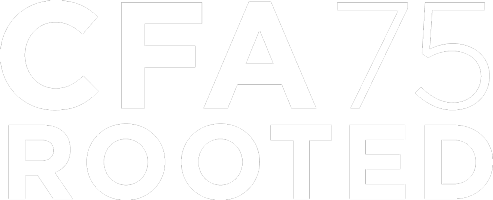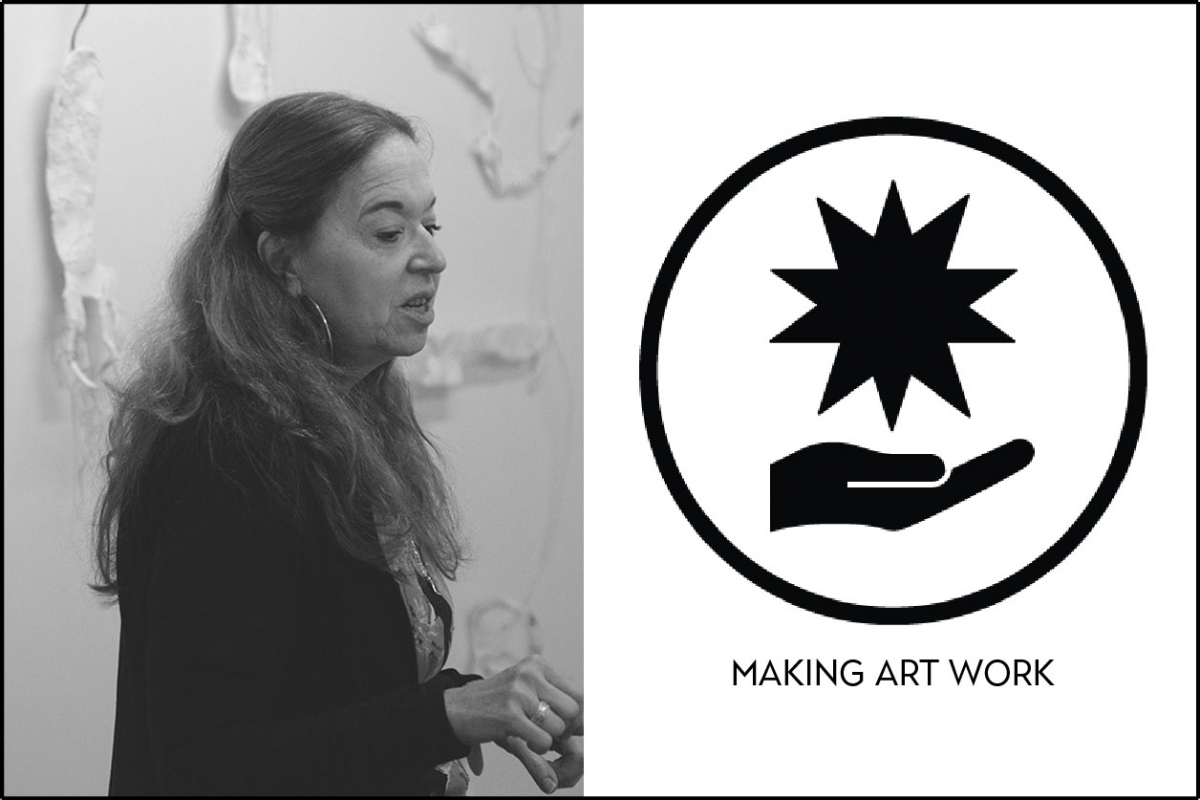By Noelle Sharp
MAKING ART WORK: Advice for artists, from artists is a series that taps into the knowledge and experience of seasoned creatives from our community and beyond for the benefit of our students. We had the pleasure of speaking with artist Judith Brotman for this episode of MAKING ART WORK.
What do you wish you had known when you were a less experienced artist?
I came to art and art school a little later in life than many. My background had always been academic; I was initially pre-med when I started college. When I finally began making art in my mid/late 20’s, I had very idealistic notions (READ: naïve!) about what being an artist would involve. There are a few things I wish I had known when I was just beginning. I was very surprised by the amount of jealousy and competition that I saw. Among my least favorite occurrences was (and still is) when an artist tells another artist about an upcoming show and the response, instead of congratulations, is a very long silence. I think it’s terribly important to choose friends who support you through thick and thin and whose insecurities don’t continuously manifest in passive aggressive ways. On the other hand, it’s also extremely important to believe in your own work. There’s absolutely no substitute for that although we all have moments of doubt, which I believe are quite healthy. I hope this doesn’t sound contradictory but a third important piece of information that I wish I had known is to reach out to others, asking for what you need. Not everyone will respond but despite what I said about jealously, there’s a great deal of generosity out there, too!
How do you find balance between creating your own art and using your creative talents for other projects (jobs, collaborations, etc.)?
Balance is never easy and requires constant re-calibration! There are certainly times in the teaching semester when teaching prep, school commitments, and grading essays seem to take over. However, I am much more mindful than I used to be that it’s critical to always find time for my studio work. Sometimes at the end of a long teaching day, I’ll spend thirty minutes or so with studio work. Even that amount of time keeps me feeling connected to it. I also think it’s terribly important to have a work/life balance, finding time for activities that are inspiring or otherwise nourishing to you. I swim and walk at least five days a week. It’s a large time commitment but it gives back much more than it takes away. Reading is something I cannot do without; it’s a huge inspiration for my work and also invigorates me. I increasingly feel that finding time to meet with friends and have real and generative conversations (not just a few words at an opening) is critical.
What’s the most useful advice you were given?
The best advice I ever received came from the brilliant and extraordinary writer and curator, Shannon Stratton. I wanted to get the quote right so I recently emailed Shannon and she responded with the following: “Don't worry (about what you are or are not doing), it all goes into the soup!” The quote is actually something Shannon heard from Canadian artist, Mary Scott. These words have been incredibly sustaining and inspiring to me any time I start feeling a bit “unbalanced” in dividing up my time. I no longer worry if I’m not spending each and every second in the studio as long as my time is invested in activities of meaning to me and I’m paying on-going attention to a need for recalibration. In fact, I find that time away from the studio actually makes my studio time more productive: a big revelation to a workaholic!



